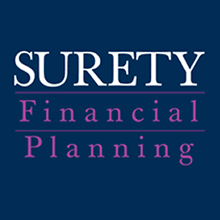Mortgage market remains stuck in the doldrums
Mortgage lenders have warned once more of the funding gap they face which may impact on the property market for years to come. The Council of Mortgage Lenders (CML) revealed gross lending in the first three months of this year was the lowest since early 2000. While house prices may be rising rapidly in some areas, gross lending of £29.5bn is down 9 per cent on the same period a year ago.
